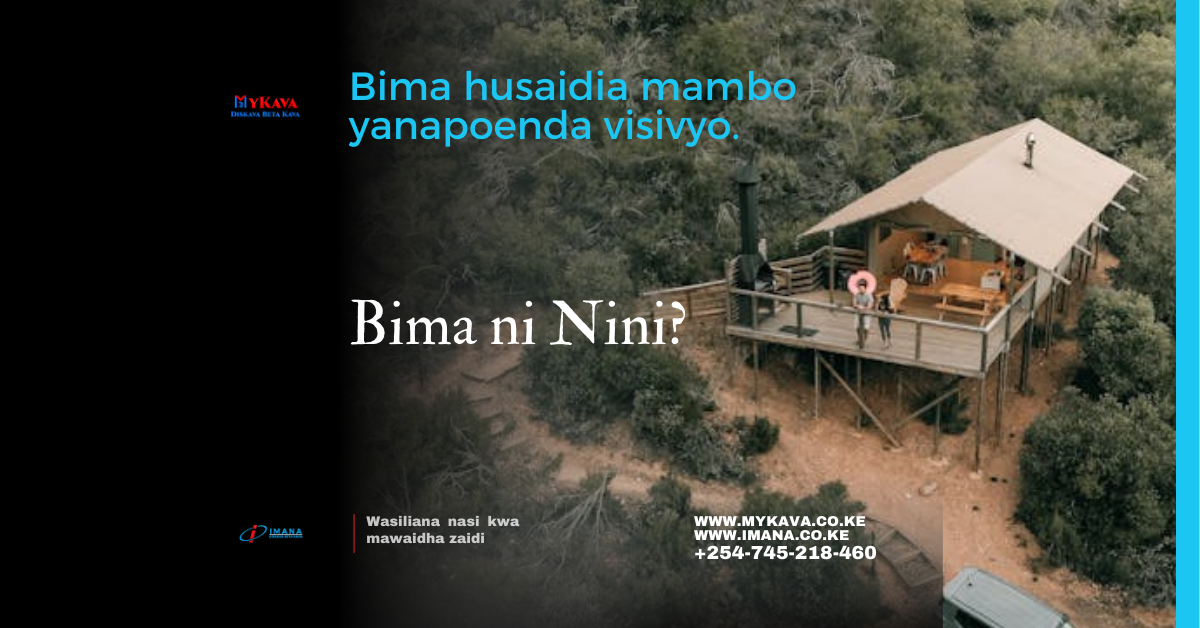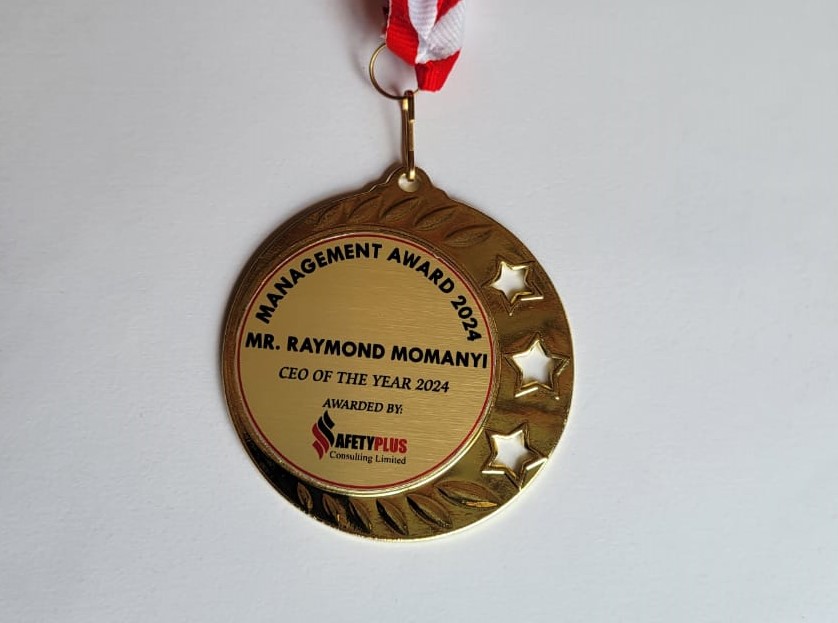
- Author: Raymond
- Category: Insurance News in Kenya
How Did Africans Manage Insurance Before Colonization?
Before colonization, Africans managed risk and mutual support through various informal systems that functioned similarly to modern insurance. These traditional practices were deeply rooted in communal values and aimed at safeguarding individuals and communities against misfortune. Here are some ways in which Africans managed risk before the introduction of formal insurance systems:
1. Mutual Aid Societies (Clan-based systems)
African societies were organized around clans, kinship, and extended family networks. Members of these groups would pool resources to assist each other in times of need, such as during illness, death, crop failure, or natural disasters. This was a form of mutual aid, where collective contributions helped support a member facing difficulty.
- Burial Societies: These were organized to help families cover funeral costs. Contributions were made regularly by members, and the pooled funds would be used to support funeral arrangements for deceased members.
- Bridewealth (Lobola): This was a type of informal economic arrangement where families exchanged cattle or other valuables during marriage. In a way, it acted as social security, ensuring that families had a network to rely on in tough times.
2. Rotating Savings and Credit Associations (ROSCAs)
Known by various names across Africa (such as esusu in Nigeria, stokvel in South Africa, tontines in West Africa), these systems allowed community members to pool resources over a period of time, and each member would take turns receiving the pooled amount. This allowed people to manage financial risk, build savings, and address emergencies.
3. Communal Land Ownership
Many African societies practiced communal ownership of land and resources, which acted as a form of risk management. The land was seen as belonging to the community rather than individuals, and access was shared based on need. This ensured that no one would be left without access to vital resources, especially during droughts or famines.
4. Barter Systems
Traditional African economies were largely based on barter and exchange of goods. This system allowed individuals and families to manage risk by exchanging surplus goods for other needed items, ensuring that resources were distributed in ways that mitigated shortages.
5. Ceremonies and Rituals
Many African communities used rituals, religious practices, and social gatherings as mechanisms to address risk and misfortune. For example, communities might hold collective prayers, ceremonies, or offerings to the ancestors or deities to protect them from droughts, diseases, or misfortune.
6. Community Support in Agriculture
Agriculture being the backbone of many African economies, communities developed systems to manage agricultural risk. In times of crop failure or a bad harvest, communities would come together to share food, seed, or labor, ensuring that no one starved. This collective support network acted as a social safety net.
7. Social Contracts and Leadership Responsibility
African societies had strong leadership systems where kings, chiefs, and elders played a key role in ensuring the well-being of their people. They were often seen as custodians of communal wealth and responsible for distributing resources during crises, like famines, wars, or other disasters.
In summary, traditional African societies managed risk through communal solidarity, mutual aid, savings groups, and agricultural practices that ensured resource distribution and support during difficult times. These systems, while informal, were highly effective in addressing the risks faced by communities before the arrival of modern insurance systems introduced during and after colonization.
For more detailed insurance guidance, find Imana Insurance Agency Kenya Ltd online at www.imana.co.ke or www.mykava.co.ke
You can also visit us on 4th Floor Krishna Centre, Woodvale Grove Westlands Nairobi Kenya.



